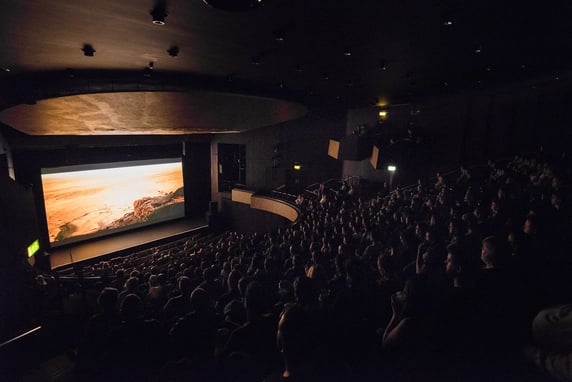The Cork Film Festival, the county's oldest film festival says it is at immediate risk of financial collapse and has appealed to the local City Council for a €200,000 bail-out.
Cork Film Festival board members are due to meet with the Council's Arts Committee later today to outline their need for emergency funding. But councillors warn there is no guarantee the loan will be made available.
They learnt on Monday that the festival is at "an immediate risk of going into receivership" and that it had requested an interest free loan to save what is one of the country's oldest festivals.
Cork City Council's Deputy Chief Executive Pat Ledwidge told councillors that management was aware of the financial difficulties being faced by the festival since January.
He said these were due to a number of number of factors including the restructuring of the festival in 2013 ahead of its 60th anniversary, the lost of its headline sponsor, and a number of unspecified financial commitments arising from the restructuring.
He said the Council has been in close liaison with the Arts Council and a strategic plan, which provides for a reduction in costs, a reduced number of showings and strong financial control, has been drawn up by the Board.

Cork City councillors say they were taken aback at the news. Cllr. Kieran McCarthy, a member of the Arts Committee, says while he would not like to see the festival collapse, it will be a struggle to get the bail-out proposal accepted.
Fellow Arts Committee member, Cllr. Tim Brosnan, said the threat to the festival came as a total surprise to councillors and warned that despite management recommending the loan facility, it isn't a" foregone conclusion".

The festival's former director, Mick Hannigan, who ran the event from 1986 until its restructuring in 2013 said serious questions must now be asked about the governance of the publicly funded company.
The Cork Film festival is said to be worth over €2.5 million to the city and last year screened a number of Irish Premieres and over 50 Irish Short Films, almost half of which were made in Cork.

